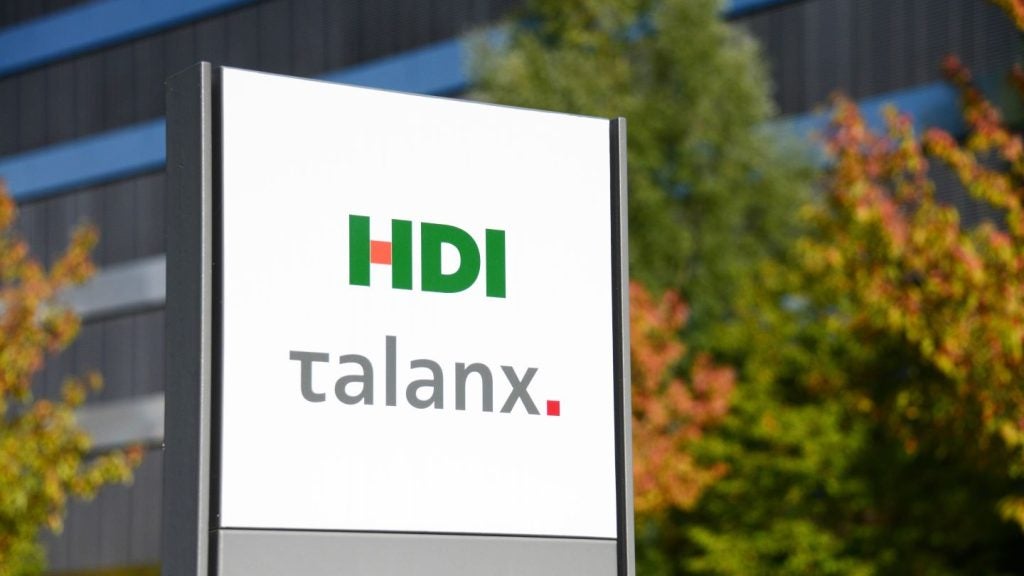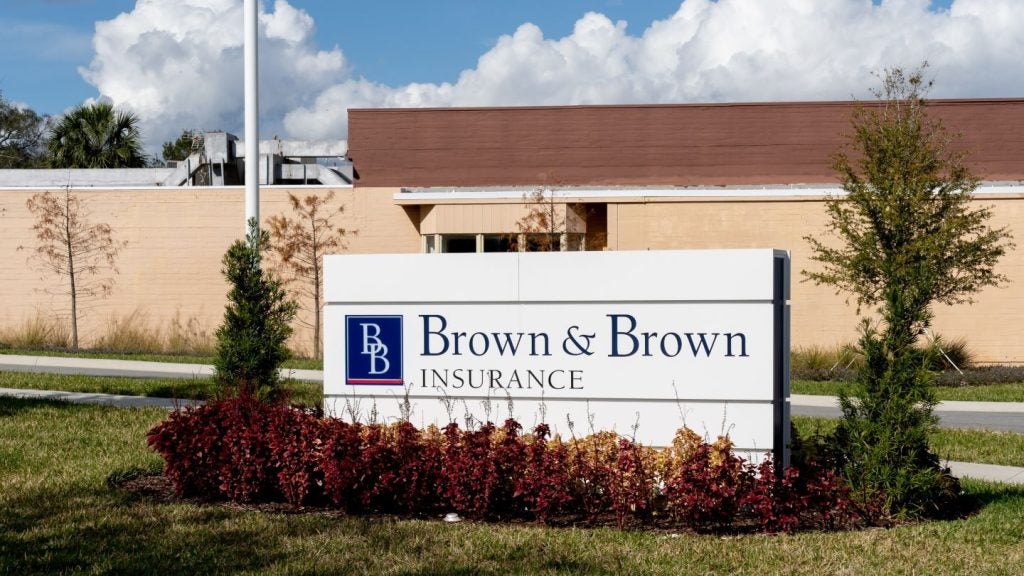It may be the focus of heated
political debate in the US, but President Obama’s Affordable Care
Act appears to be the only hope for millions of Americans who have
health insurance plans providing inadequate coverage.
This is the view of the
Commonwealth Fund, a private foundation focused on promoting
affordable health care.
“Underinsured families are at
nearly as high risk as the uninsured because, while they have
health insurance, holes or limits in their plans expose them to
often unaffordable medical costs,” said Commonwealth Fund senior
vice-president Cathy Schoen. “To reduce the number of underinsured,
it will be critical for the plans offered under the Affordable Care
Act reforms to keep deductibles and out-of-pocket costs low for
essential, effective health care.”
In a study published in
September, the Commonwealth Fund emphasises the significant extent
of underinsurance and the alarming pace at which it has grown. The
foundation estimates that at the end of 2010 there were 29m
underinsured adults (ages 16 to 64), up a significant 80% on the
16m only seven years earlier.
In total, 81m adults, 44% of
the country’s total adult population, were either underinsured or
uninsured in 2010, up from 75m in 2007 and 61m in 2003.
The Commonwealth Fund defines
underinsured adults as those who report at least one of
following:
- family out-of-pocket medical
care expenses (not including premiums) that are 10% or more of
income; - among low-income adults
(those with incomes below 200% of the federal poverty level),
medical expenses that are 5% or more of income; and - per-person deductibles that
are 5% or more of income.
The federal poverty level for
2011 is set at an annual income of $22,350.
In its study, the
Commonwealth Fund highlights that 77% of adults with incomes below
133% of the federal poverty level and 58% of those with incomes
between 133% and 250% of the poverty level were either underinsured
or uninsured.
Illustrating the negative
consequences of underinsurance, the Commonwealth Fund noted that
the rate of forgone care such as not filling a prescription or not
following up on recommended tests or treatment were twice as high
among the underinsured as rates reported by adults with more
adequate insurance.
The rate is three times as
high among the uninsured compared to the more adequately
insured.
The risk of being
underinsured is also rising up the income scale. In 2010, 16% of
adults with annual incomes between $40,000 and $60,000 were
underinsured and another 19% were uninsured. In 2003, only 5% of
adults with incomes in this range were underinsured.
Under the Affordable Care Act, Americans without adequate
insurance will qualify for subsidised insurance starting in 2014.
If the reforms under the act succeed, the Commonwealth Fund
predicts that the number of underinsured adults will fall by up to
70% and the number of uninsured will fall
“significantly”.








